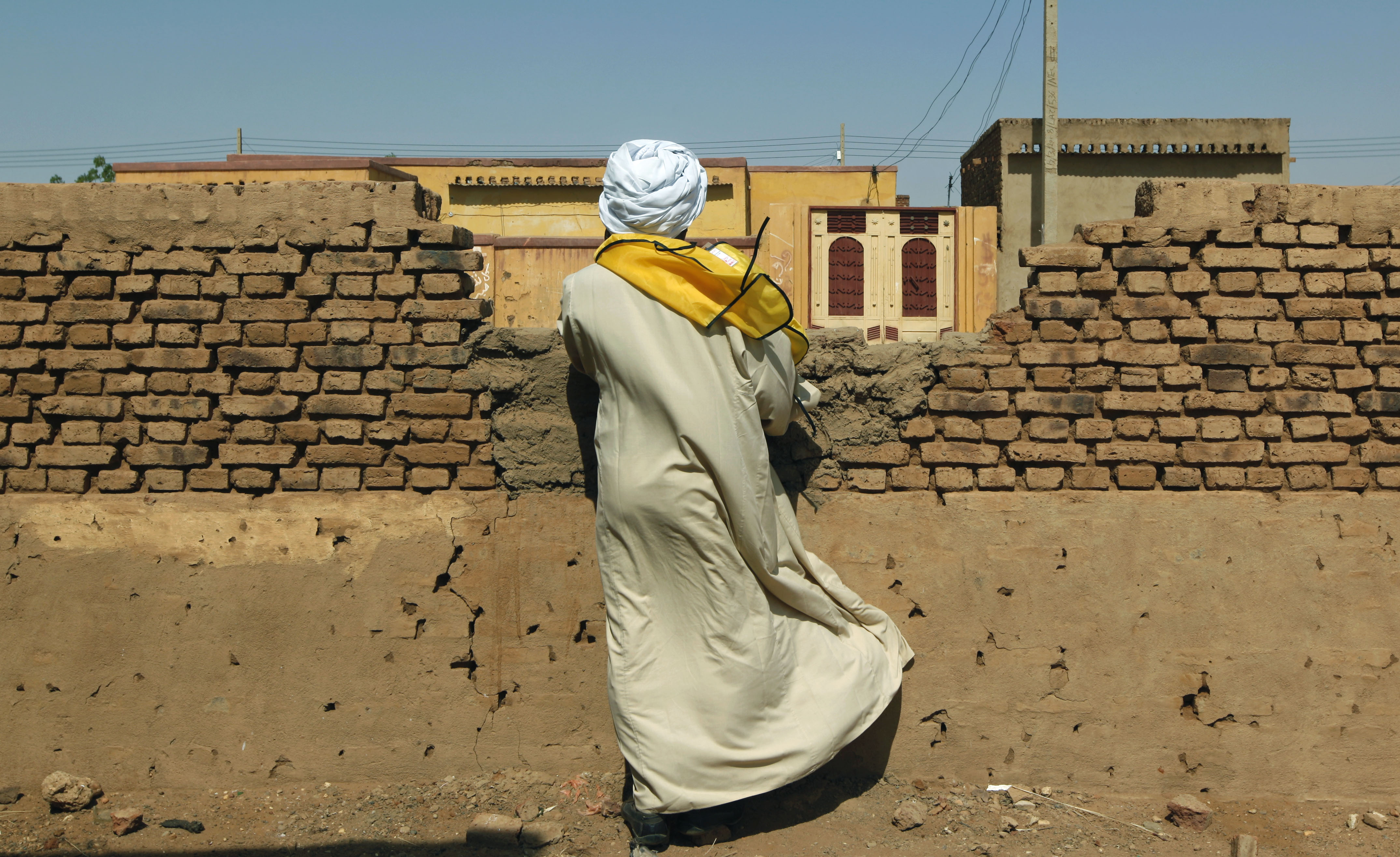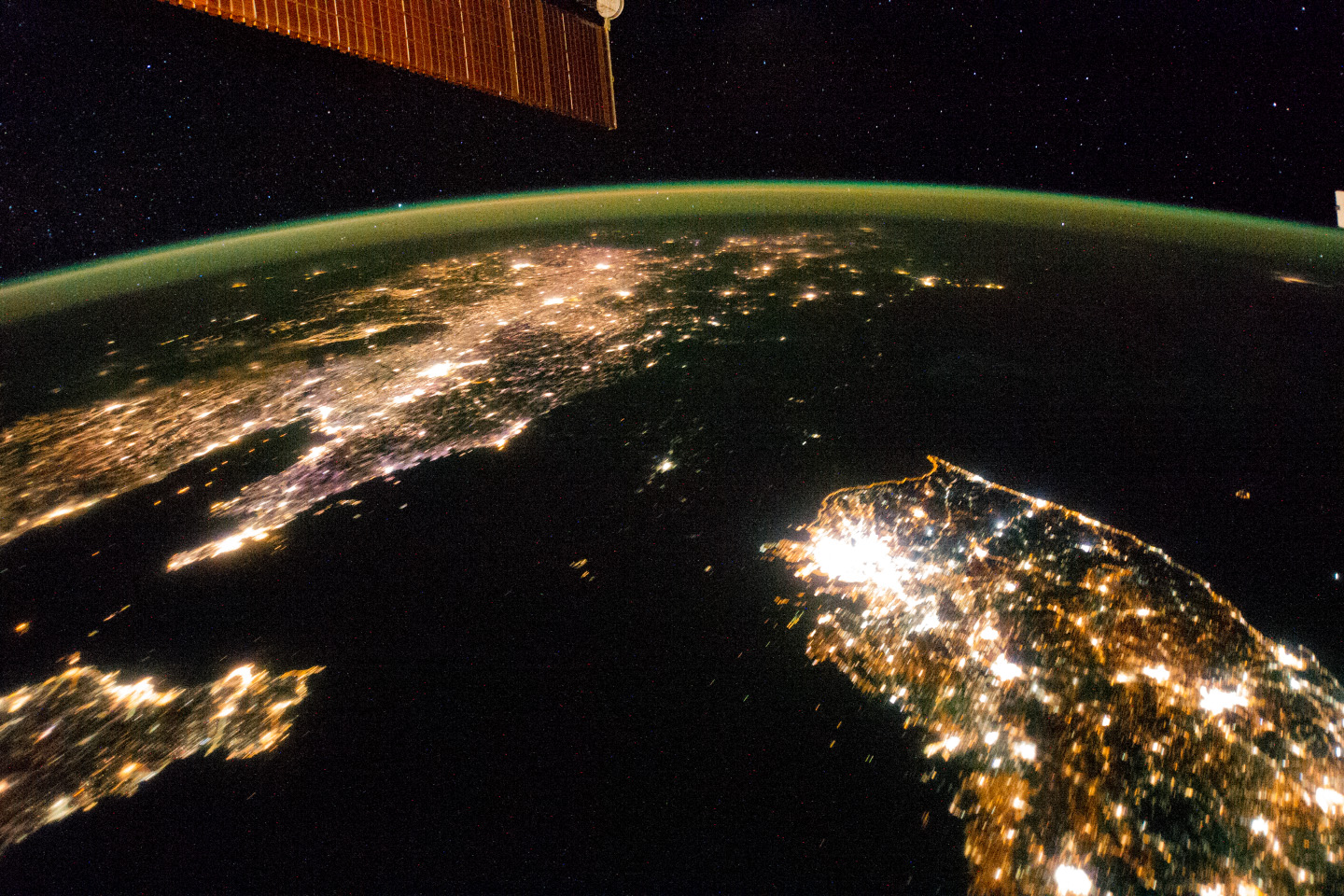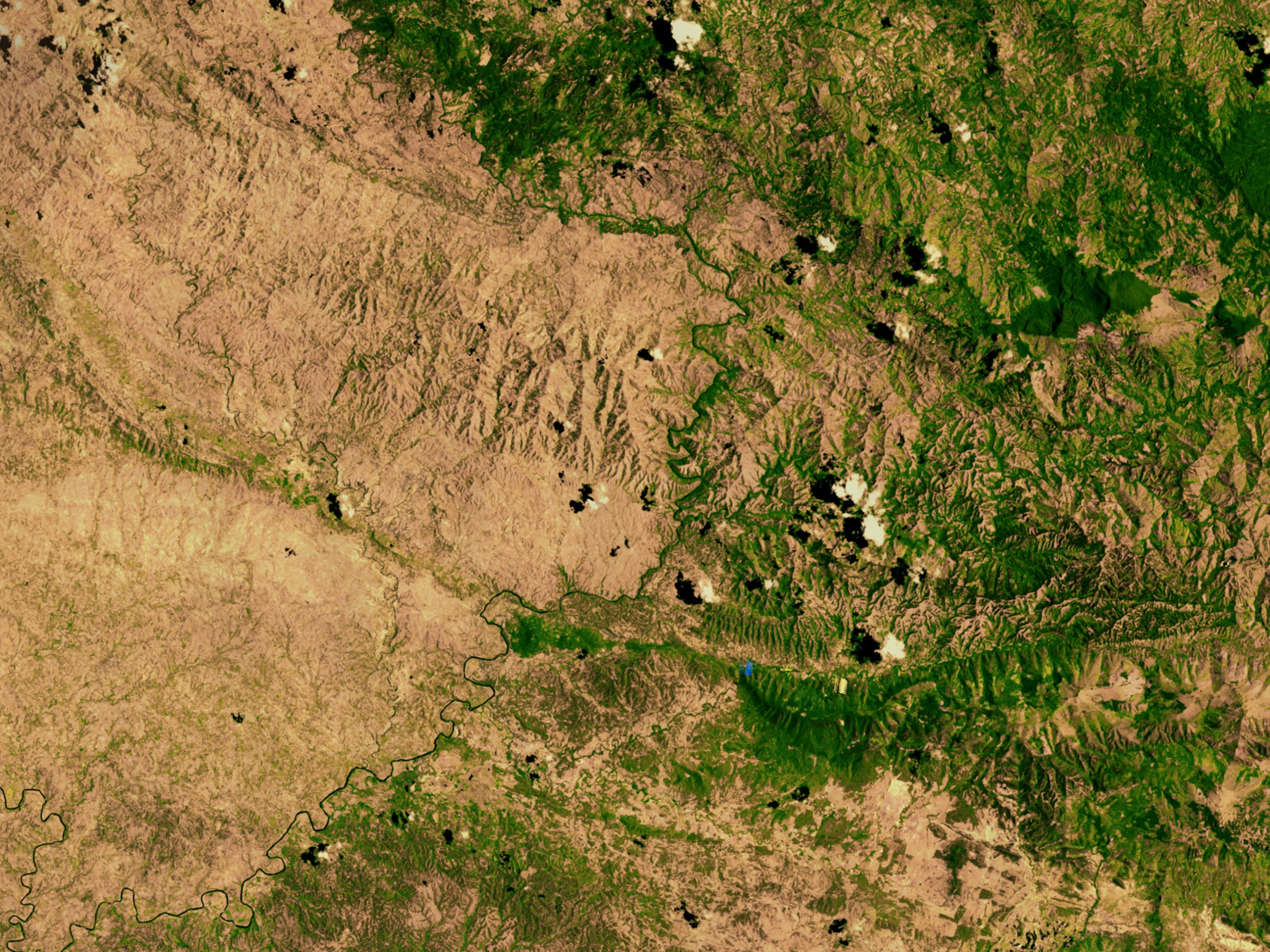Nation-building is hard, not impossible. Here's how to do it.
First, take a well-funded and muscular multinational institution...


A free daily email with the biggest news stories of the day – and the best features from TheWeek.com
You are now subscribed
Your newsletter sign-up was successful
Today, the expression "nation-building" is associated with ill-advised imperial misadventures like the Iraq War. But it's actually an incredibly important — and worthy — idea.
It's essentially based on two important facts: 1. Institutions matter. 2. Many people today are being failed by their institutions in a disastrous way.
What do I mean by "institutions matter"?
The Week
Escape your echo chamber. Get the facts behind the news, plus analysis from multiple perspectives.

Sign up for The Week's Free Newsletters
From our morning news briefing to a weekly Good News Newsletter, get the best of The Week delivered directly to your inbox.
From our morning news briefing to a weekly Good News Newsletter, get the best of The Week delivered directly to your inbox.
Maybe the simplest way to highlight it is to look at a famous image: the Korean peninsula, from space, at night. The dark middle area is North Korea:

Today, South Korea is one of the world's most technologically and economically advanced societies, and North Korea is as close to hell on Earth as it gets. Those countries started off with similar resources, similar geography, the same people, the same culture. The difference: institutions.
You can also see the difference in Haiti and the Dominican Republic: Same island, two different countries. A different set of institutions, a different fate. Famously, you can see the border clearly in aerial photos, with the land on the Dominican side lush and cultivated, and the land on the Haitian side fallow and dry:

You can see it in South Sudan, too — just not from 30,000 feet. Newly independent thanks to the efforts of the international community to avert a genocide, the country is still mired in bloody internecine warfare.
A free daily email with the biggest news stories of the day – and the best features from TheWeek.com
The point isn't that we should invade all these countries (who is "we" anyway?). It's that this is a real problem to which we need to figure out real solutions. Building up strong institutions in countries where there are none, or almost none, is the difference between civilization and barbarism.
The reason why past nation-building initiatives have failed is, conceptually, simple enough: We just don't have the tools for it. Is it military work? Police work? Social service work? Diplomacy work? PR?
In truth, it's a combination of all of them. But the problem is that none of the various institutions we have for addressing these problems can deal with it adequately. Hence, for example, the continuing chaos in Haiti, years after the international community pledged money and dedication to rebuild the island, not just physically but institutionally.
What is needed, in other words, is an institution specifically dedicated to nation-building. It would have to have a military component. But it wouldn't just do military work.
Part of the reason why militaries can't nation-build, as the Pentagon strategist Thomas P.M. Barnett has noted, is simply because they recruit different kinds of people. The ideal military recruit is, essentially, 19 years old, muscle-filled and hormonal. A nation-building force's ideal recruit is more like a 40-year-old grizzled beat cop, or journalist. Its recruits have to be much more gender-balanced, international, and culturally savvy — and simply must be in it for the right reasons.
A nation-building institution must have the physical, financial, and human resources necessary to do everything, from taking over policing and fighting terrorists to running ministries and eventually helping others run ministries.
How would this get started, in practice?
Isn't this something the UN should do? Well, the UN is supposed to do it — but if it was doing this job, you wouldn't be reading this column right now, would you?
In practice, the only nation with both the resources and the political capital to be able to pull this off is the U.S. — and it should initiate a specific international institution devoted to this task. Think of it like the IMF or NATO. While the U.S. would be the main funder and driver, the members would have to be broader than the usual "coalition of the willing" to ensure the institution's legitimacy. Even countries that don't always like the United States can agree that they would be better off if Haiti or South Sudan were less dysfunctional.
This stuff is hard. But it's not impossible. We have accomplished more difficult things.
It requires some money, but more importantly it requires strategic vision and leadership — of exactly the sort that the world so badly needed in the years after 9/11. Fourteen years later, we're still trying to figure out how much.
Pascal-Emmanuel Gobry is a writer and fellow at the Ethics and Public Policy Center. His writing has appeared at Forbes, The Atlantic, First Things, Commentary Magazine, The Daily Beast, The Federalist, Quartz, and other places. He lives in Paris with his beloved wife and daughter.
-
 Can Europe regain its digital sovereignty?
Can Europe regain its digital sovereignty?Today’s Big Question EU is trying to reduce reliance on US Big Tech and cloud computing in face of hostile Donald Trump, but lack of comparable alternatives remains a worry
-
 The Mandelson files: Labour Svengali’s parting gift to Starmer
The Mandelson files: Labour Svengali’s parting gift to StarmerThe Explainer Texts and emails about Mandelson’s appointment as US ambassador could fuel biggest political scandal ‘for a generation’
-
 Magazine printables - February 13, 2026
Magazine printables - February 13, 2026Puzzle and Quizzes Magazine printables - February 13, 2026
